Joe Biden has extended pardons for individuals charged with simple cannabis possession and use, yet disappointingly, he has refrained from granting clemency to those currently incarcerated for cannabis-related offenses.
In an extension of the previous year’s extensive federal pardons for cannabis possession, Joe Biden has issued additional pardons for thousands of individuals convicted of simple cannabis use and possession on federal lands and in Washington D.C., according to the Associated Press.
The White House recently announced granting clemency to 11 individuals who have been incarcerated for nonviolent drug offenses, acknowledging the unjustly lengthy sentences they have served.
However, it is essential to note that these pardons do not lead to the immediate release of any current prisoners serving time for cannabis-related offenses.
Rather, the purpose behind these pardons is to tackle the obstacles that individuals face in seeking employment and housing opportunities due to their past cannabis convictions.
This signifies a symbolic shift in the federal government’s approach to cannabis convictions, aiming to support individuals reintegrating into society.
Komorn Law is Michigan’s top cannabis law firms when it comes to licensing, consulting and legal defense.
Call them if you’re thinking about venturing into the marijuana business in Michigan (248) 357-2550
Biden said that the pardons would help make the “promise of equal justice a reality,” the report said.
“Criminal records for marijuana use and possession have imposed needless barriers to employment, housing, and educational opportunities. Too many lives have been upended because of our failed approach to marijuana. It’s time that we right these wrongs.” – President Joe Biden, via the AP
President Biden has restated his desire for U.S. governors to nullify state cannabis convictions. He emphasizes the importance of this action, aligning with his ongoing commitment.
“Just as no one should be in a federal prison solely due to the use or possession of marijuana, no one should be in a local jail or state prison for that reason, either.”
Officially, cannabis remains federally prohibited under the Controlled Substances Act as a Schedule I substance. This classification is reserved for substances that are considered to lack any currently accepted medical use and have a high potential for abuse.
However, the U.S. Department of Health and Human Services recommended in August that cannabis be moved from Schedule I to Schedule III.
More Posts

Ohio Bill Introduced to Allow Each City to Ban Marijuana
With just over a week until Ohio’s voter-approved marijuana legalization law takes effect, a lawmaker has introduced a bill that would allow individual municipalities to locally ban the use and home cultivation of cannabis in their jurisdictions. The legislation aims...

Appeals Court – Detroit’s Asset Forfeiture Violates Due Process
A federal circuit judge writes that Detroit's vehicle seizure scheme "is simply a money-making venture—one most often used to extort money from those who can least afford it." A panel of federal appellate judges ruled that Detroit's practice of seizing people's cars...
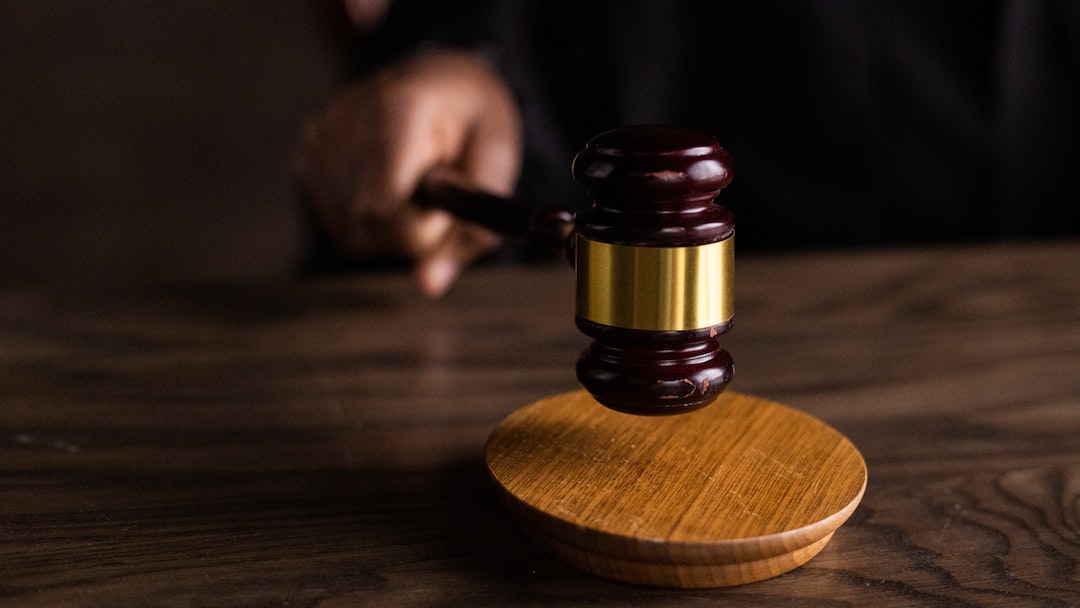
NEWS RELEASE: USSC Adopts 2023 Amendments
WASHINGTON, D.C. ― Equipped with a quorum of Commissioners for the first time since 2018, the bipartisan United States Sentencing Commission voted today to promulgate amendments to the federal sentencing guidelines. “The Sentencing Commission is back in business,”...
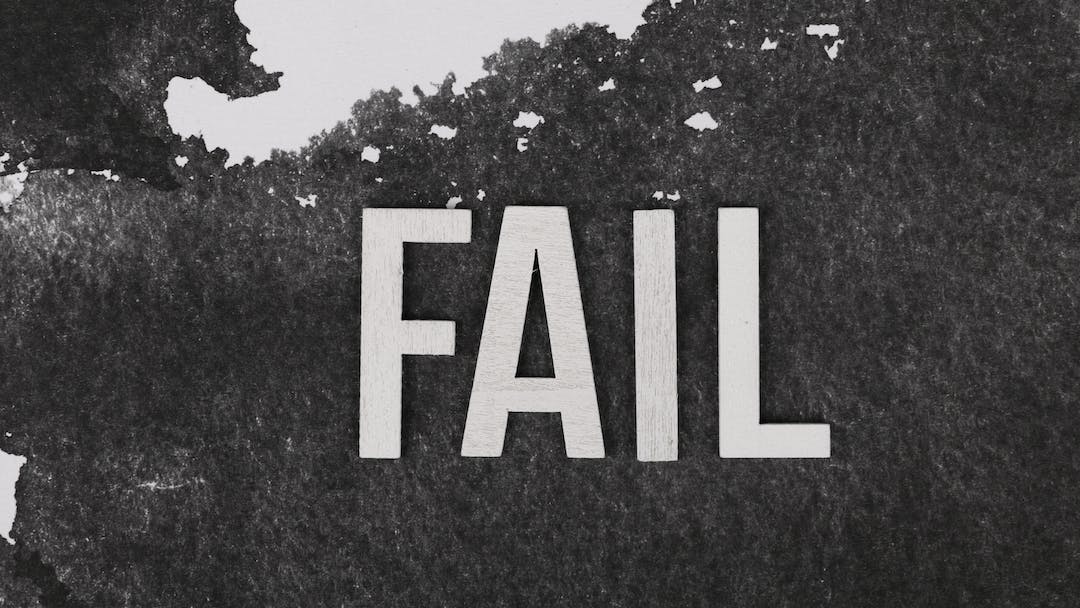
Bad Ranking For Transparency in the Michigan Justice System
by Wes Smith, president, MPA Board of DirectorsPublisher View Newspaper Group When there was a change in leadership in Michigan’s legislature earlier this year, hope rose again in the hearts of citizens who want a more transparent state government. Maybe, it was...
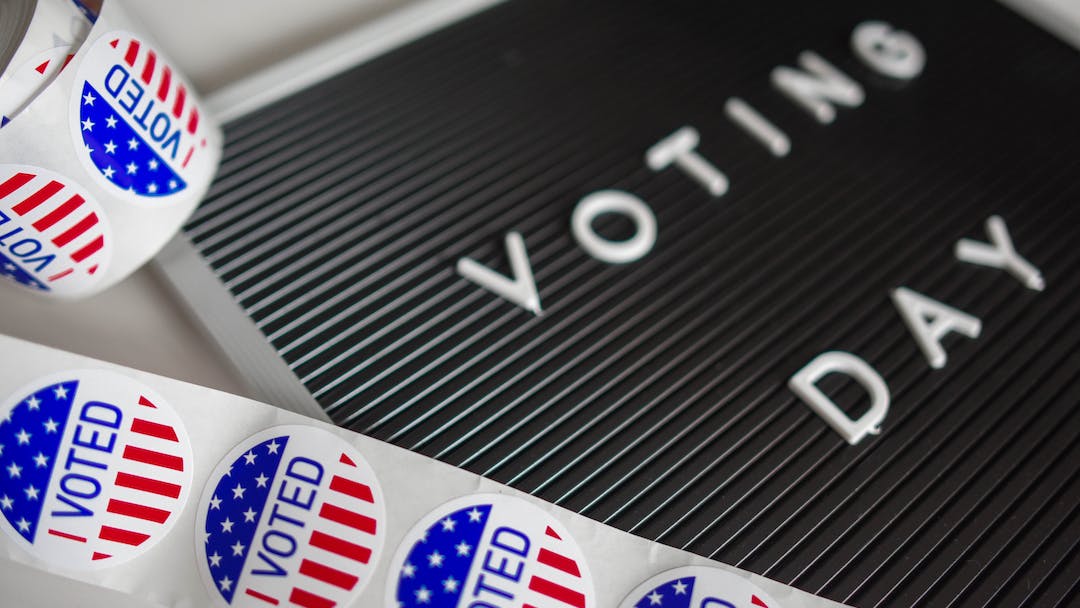
Ohio voters say yes to legal recreational cannabis
Recreational marijuana has been legalized in Ohio as voters overwhelmingly approved State Issue 2 on Tuesday. This groundbreaking decision now enables adults in Ohio to legally experience the advantages of marijuana for recreational purposes. “Marijuana is no longer a...
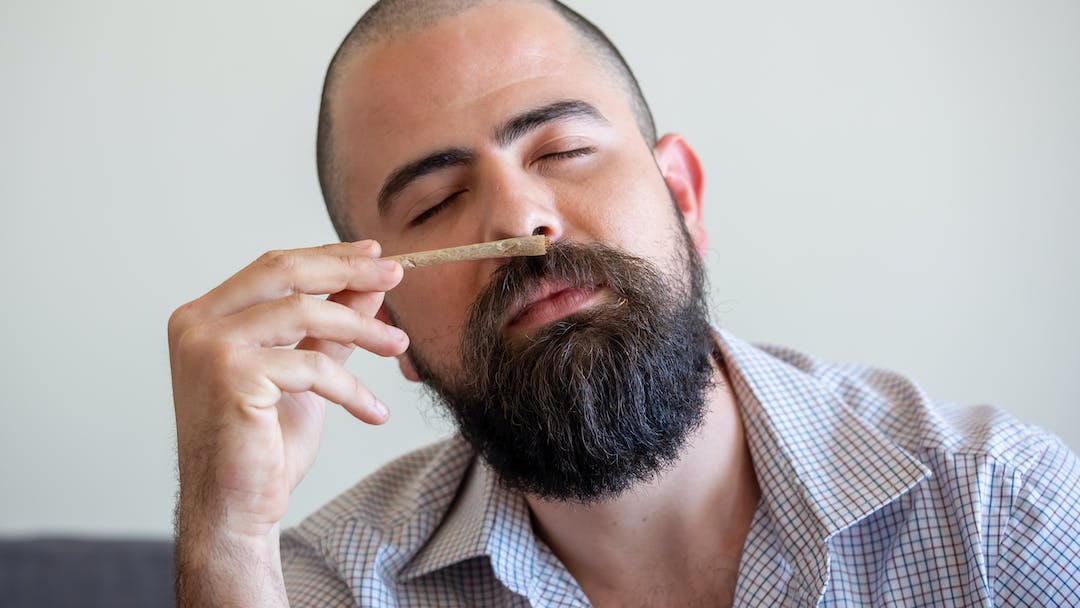
Smell of Marijuana is Not Enough to Search Your Vehicle or is it?
The Smell of Marijuana and the Court of Appeals Body camera footage is an invaluable resource for courts facing suppression motions, but it rarely serves as a stand-alone source of information about a warrantless search or seizure. Here, the trial court was hamstrung...

Commission Votes For Retroactive Sentencing
U.S. SENTENCING COMMISSION VOTES TO ALLOW RETROACTIVE SENTENCE REDUCTIONS AND ANNOUNCES ITS NEXT SET OF POLICY PRIORITIESVote Authorizes Judges to Reduce Sentences for Eligible Incarcerated Persons Beginning February 1, 2024 Should Guidelines Become...

THC Detection in Blood: Challenges and Implications
THC Detection in Blood: Challenges and Implications When it comes to enforcing drugged driving laws, police and employers face a unique challenge with marijuana. Unlike alcohol, which is metabolized and eliminated relatively quickly, THC, the psychoactive compound in...

Feds New Sentencing Guidelines for Past Cannabis Convictions
The federal U.S. Sentencing Commission (USSC) has approved a revised amendment to sentencing guidelines, advising judges to adopt a more lenient approach towards prior marijuana possession offenses. Members of the commission voted to approve a range of amendments to...
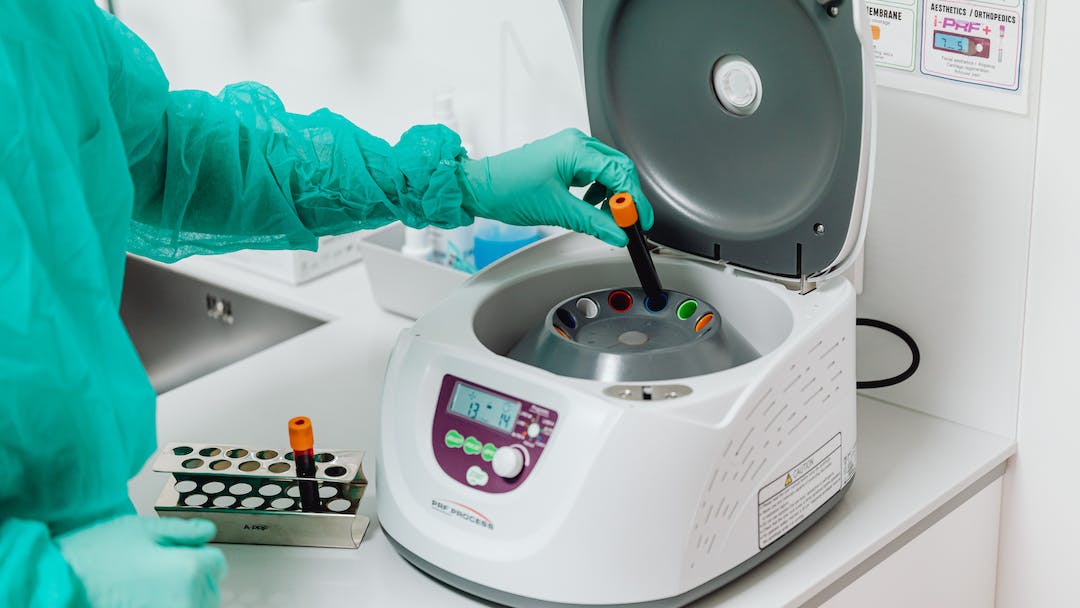
THC Detection in Blood: A Comprehensive Review
THC Detection in Blood: A Comprehensive Review Tetrahydrocannabinol (THC), the main psychoactive compound in marijuana, can remain detectable in the blood for several days or even weeks after use. This is due to the fact that THC is highly fat-soluble, meaning that it...








